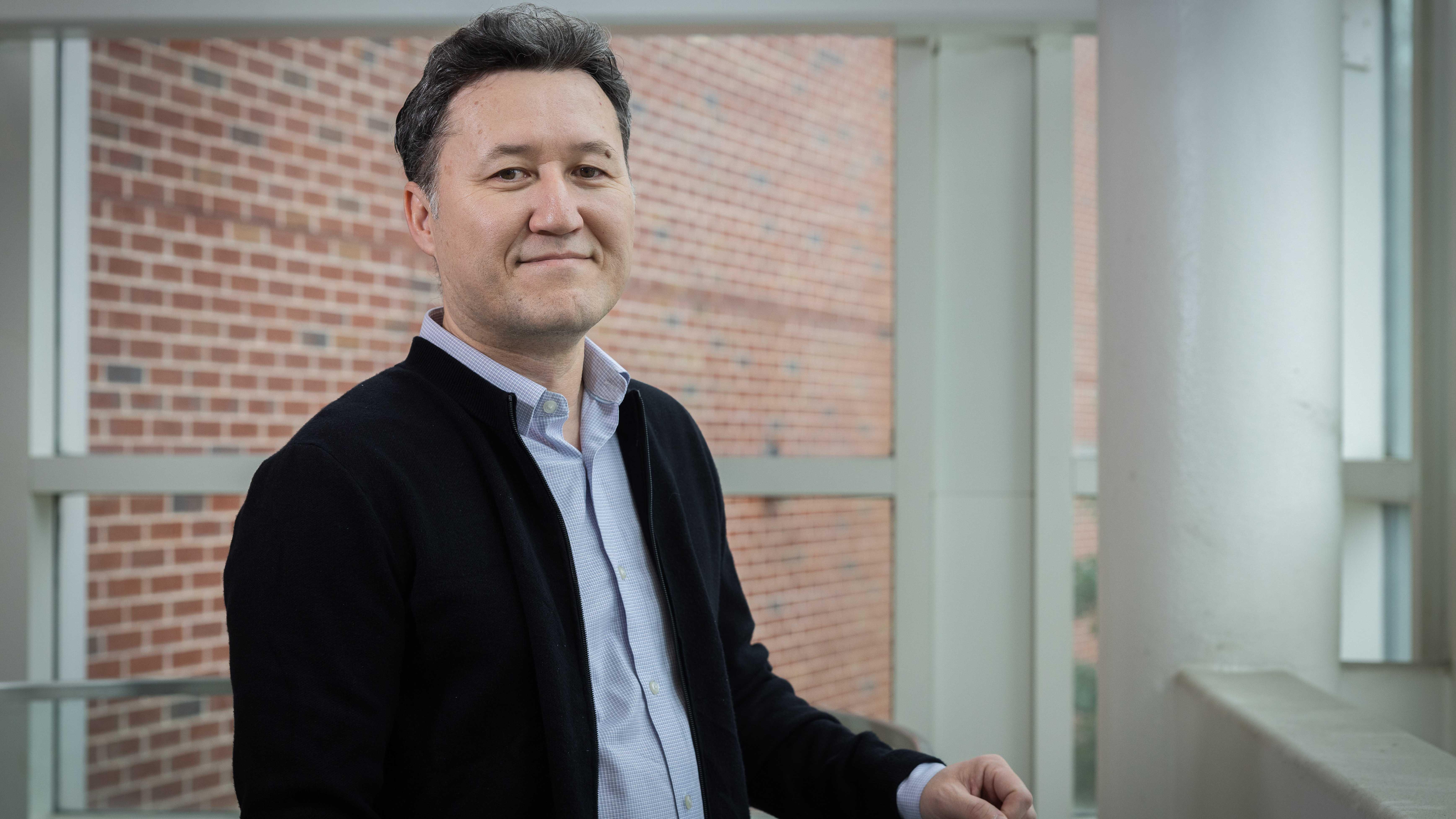
Researchers Set to Receive Two Innovation Awards at HPEC’19
Defined by the practice of aggregating power in an effort to achieve greater performance, high-performance computing (HPC) is increasingly becoming more diverse. Now, this market, which is expected to reach $59.65 billion by 2025, is setting its sights on new applications including the use of graphics processing units (GPUs) for deep learning, cloud computing, and more.
These applications will ultimately speed processing rates and cut computational costs for embedded computing systems used in transportation, healthcare, manufacturing, retail, and a host of other industries.
But, there are specific requirements and unique challenges – known and unknown – to deploying HPC applications outside of a data center. To address these challenges and advance this growing research area, School of Computational Science and Engineering (CSE) HPC researchers are bringing their expertise to this week’s 2019 IEEE High Performance Extreme Computing Conference (HPEC).
HPEC is one of the leading conferences of its kind. It brings HPC and embedded systems researchers together to identify obstacles and develop effective solutions for delivering HPC capabilities to edge computing applications, augment big data with GPUs, and more.
Researchers from CSE are set to present several papers at this year’s HPEC, which runs from Sept. 24 to 26 in Waltham, Massachusetts. Of these, two papers were submitted to the HPEC 2019 GraphChallenge and are set to receive Innovation Awards.
“The GraphChallenge creates an annual benchmark that drives community development of new solutions for analyzing graphs and sparse data from social media, sensor feeds, and scientific data to discover relationships between events,” said CSE Ph.D. student Abdurrahman Yasar, an investigator on two of the four Innovation Award winning papers, and a 2018 GraphChallenge champion.
One of the two CSE winning papers, Linear Algebra-Based Triangle Counting via Fine-Grained Tasking on Heterogeneous Environments, describes an update to the linear-algebraic formulation of the classic triangle-counting problem.
“Triangle counting is a representative graph analysis algorithm with several applications and is also one of the three benchmarks used in the IEEE HPEC GraphChallenge,” said Yasar.
“In this work we propose a novel multi-core multi-GPU triangle counting algorithm. Our new approach does not require architecture specific changes on code which is crucial for portability on heterogenous environments and the way we distribute the tasks between GPUs and CPUs is highly appreciated.”
While triangle counting remains an important benchmark in the GraphChallenge, several other research areas are also prevalent in this year’s CSE HPEC proceedings.
See the list below to view all Georgia Tech papers being presented at this year’s HPEC conference:
- Concurrent Katz Centrality for Streaming Graphs - Chunxing Yin, Jason Riedy
- Skip the Intersection: Quickly Counting Common Neighbors on Shared-Memory Systems – Xiaojing An, Kasimir Gabert, James Fox, Oded Green, David A. Bader
- Improving Scheduling for Irregular Applications with Logarithmic Radix Binning – James Fox, Alok Tripathy, Oded Green
- Linear Algebra-Based Triangle Counting via Fine-Grained Tasking on Heterogeneous Environments - Abdurrahman Yasar, Sivasankaran Rajamanickam, Jonathan Berry, Michael Wolf, Jeff Young, Ümit V. Çatalyürek
- Scalable Triangle Counting on Distributed-Memory Systems – Seher Acer, Abdurrahman Yasar, Sivasankaran Rajamanickam, Michael Wolf, Ümit V. Çatalyürek


